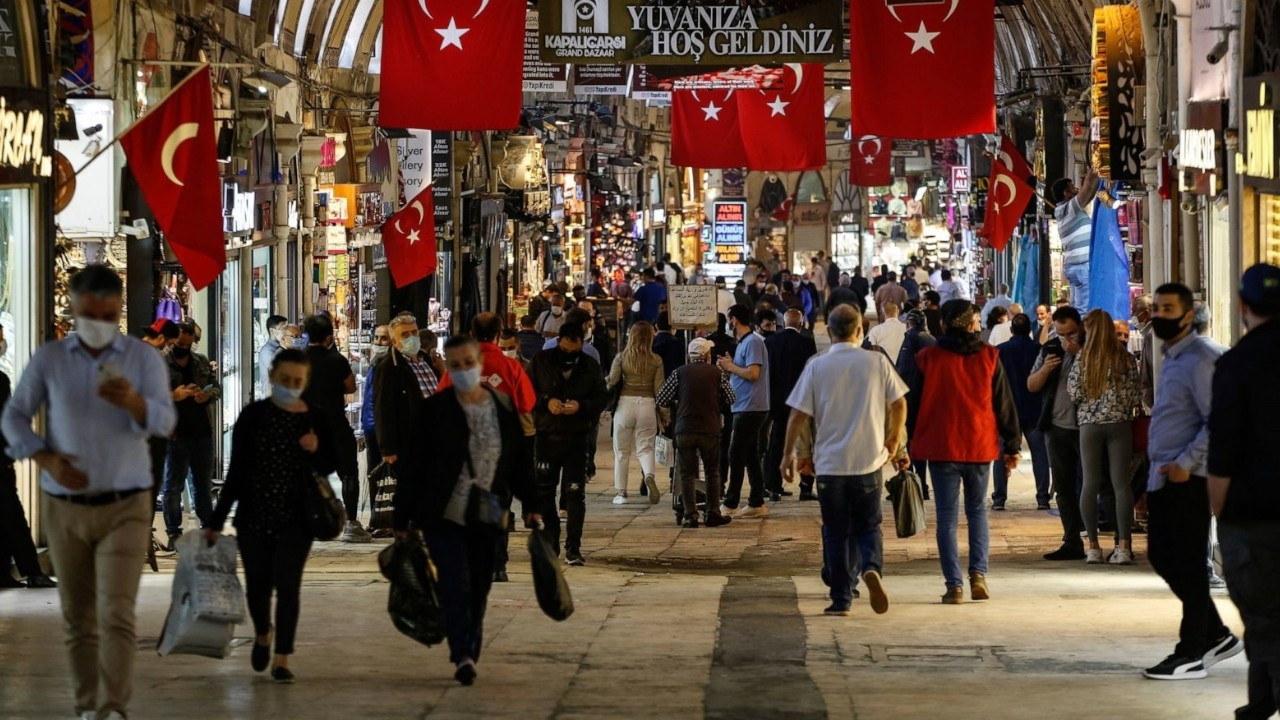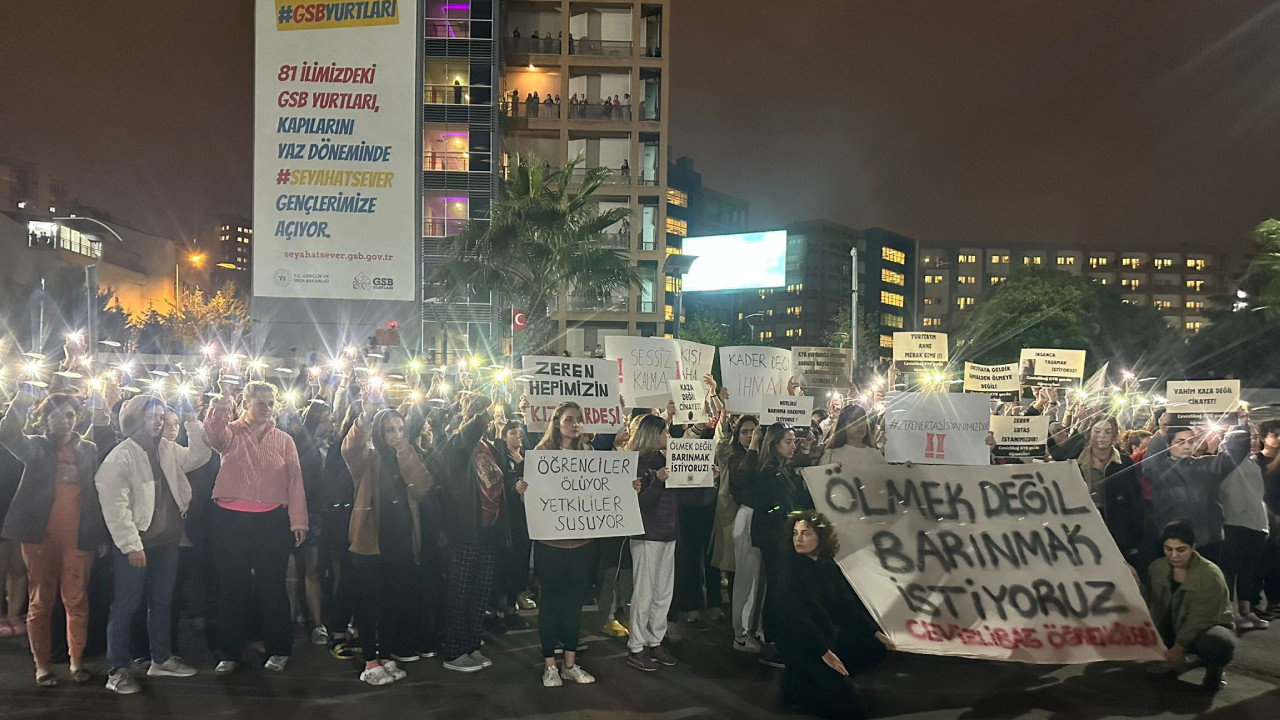Around 800,000 fewer candidates opt for universities in Istanbul amid cost of living crisis
Nearly 800,000 fewer candidates chose universities in Istanbul in 2023 compared to 2022, according to Council of Higher Education (YÖK). This period marked by also 20% decrease in the number of candidates choosing İzmir and Ankara, coincided with the cost of living crisis in major cities.
Duvar Egnlish
The number of students choosing universities in Istanbul decreased by 25.5 per cent, according to the 2023 university exam data published by the Council of Higher Education as reported in the daily BirGün.
In 2022, the total number of university quotas in Istanbul was 168,984, with 3.1 million students listed one of the city's universities in their preferences. In 2023, although the number of quotas increased to 179,999, the number of students opting for a university in Istanbul in their preference list dropped to 2.3 million.
This signifies a decline of 798,000 students desiring to live and study in Istanbul in just one year.
Every year, students in Turkey enter a standardized national university exam and create a list of preferences for universities that they want to study afterward.
Some 1.5 million people preferred universities in the capital Ankara in 2022 while the number dropped to 1.1 million, showing a 21.2% decline in 2023. In Izmir, despite an increase in quotas, the number of people desiring to study in the universities in the cuntry’s third-biggest province fell from 955,000 to 741,000 marking a 22.3% decrease compared to 2022.
Apart from the three big cities, there was a decrease in Eskişehir, Bursa, Antalya, Mersin, Sakarya, Samsun, and Antalya provinces, which are known as university cities. In these six provinces, the number of people opt for one of the universities, which was 2.4 million in 2022, dropped to 1.3 million in 2023.
The number of students who preferred these provinces popular among students decreased by 1.1 million in one year.
Guidance counselor Salim Ünal said, “Most probably, students in such major cities face difficulties in terms of nutrition, accommodation, and transport. We think that factors such as the high cost of dormitory fees, the lack of sufficient number of dormitories, high rents, and transportation fee are important to understand these (changing) preferences.”
In the 2023 - 2024 academic year, lunch fees at public universities increased by 93.83% on average, according to the "Cost of Being a University Student in Istanbul" report prepared by Istanbul Planning Agency (IPA).
The monthly grocery shopping that a student needs to do has increased by 113.29% in the last two years.
The monthly cost of living of a student staying in a private dormitory was 14,583 Turkish liras, while the monthly cost of living of a student staying at home was 12,535 liras.
The cost of living of a student living in a dormitory owned by the state-run Student Loans and Dormitories Institution (KYK) increased by 89.53 percent annually. The highest increase was 217.09 percent in grocery and food expenditures.
While the average accommodation cost of a student staying in a private dormitory in the 2022-2023 academic year was 3,300 liras, this cost has increased by an extraordinary 213.94 percent in the last year to 10,360 liras.

 2.2 million people migrate from Istanbul in last five years amid cost of living crisisDomestic
2.2 million people migrate from Istanbul in last five years amid cost of living crisisDomestic Cost of living for a family of four exceeds 44,000 liras in IstanbulEconomy
Cost of living for a family of four exceeds 44,000 liras in IstanbulEconomy Chamber of commerce reports Istanbul inflation rate as 73 percent in NovemberEconomy
Chamber of commerce reports Istanbul inflation rate as 73 percent in NovemberEconomy Students across Turkey protest negligence of state-run dorms after death in elevatorDomestic
Students across Turkey protest negligence of state-run dorms after death in elevatorDomestic